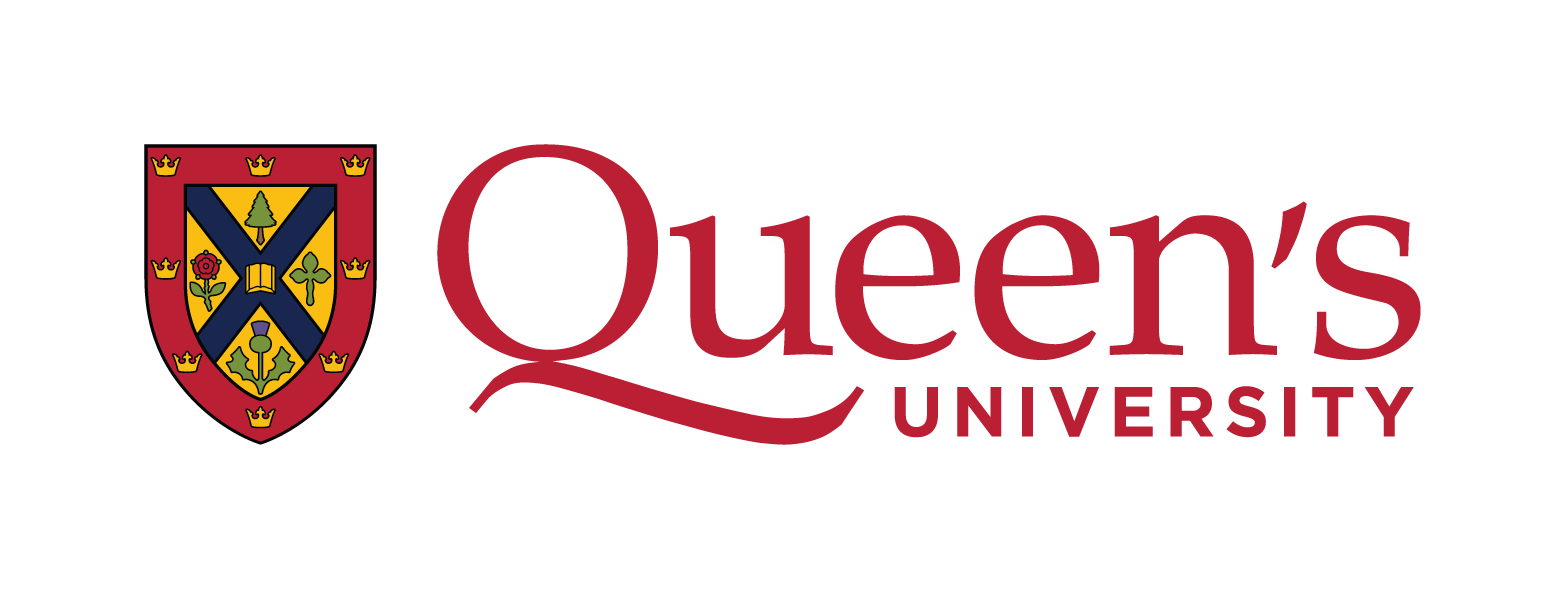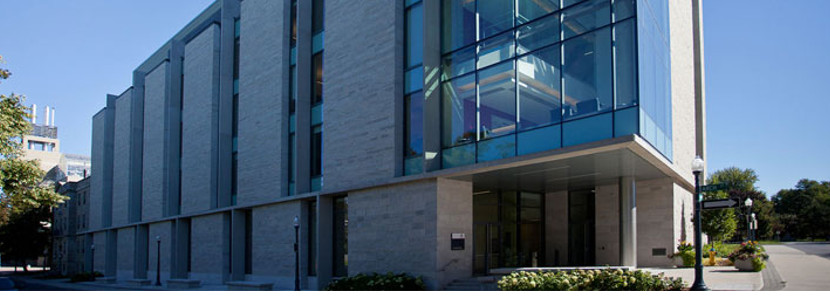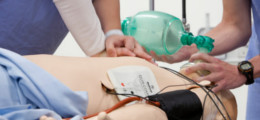Established over 150 years ago, the School of Medicine at Queen's University aims to advance the tradition of preparing excellent physicians and leaders in health care by embracing a spirit of inquiry and innovation in education and research.
The educational program leading to the MD degree is central to the purpose of the Faculty. It must meet all the requirements for accreditation and prepare graduates for postgraduate training leading to licensure and certification by the College of Family Physicians or the Royal College of Physicians and Surgeons. Its special strengths are related to the opportunities for close, personal interaction between students and faculty members and for students to obtain particularly relevant, extensive, hands-on clinical experience under supervision, especially in ambulatory settings. There is great potential for students to benefit from greater integration of the clinical and basic sciences in the curriculum and from increased collaboration in education among the clinical disciplines.
The postgraduate programs at Queen's are, for the most part, highly interdependent. They form a spectrum of high-quality primary, specialty, and subspecialty programs that attract excellent candidates. These programs are highly complementary to the undergraduate program, in accordance with the principle of graded responsibility that underlies the Clinical Academic Unit model, the standard for clinical education in North America.
We have an ongoing commitment to excellence in selected subspecialties, specialties, and in family medicine. Our environment and the flexibility of our programs suit particularly well our innovative programs in community-oriented general surgery, general internal medicine, and family medicine which provide the breadth of training which is increasingly required for practice in rural northern, and small and medium-sized communities throughout Canada.
Continuing medical education is a primary responsibility of the School of Medicine. Assisting physicians to maintain their knowledge and skills plays an important role in the maintenance of their competence. The provision of local and regional programs of continuing medical education assists in strengthening professional liaisons and the rational balancing of primary, secondary and tertiary responsibilities within and beyond southeastern Ontario.







